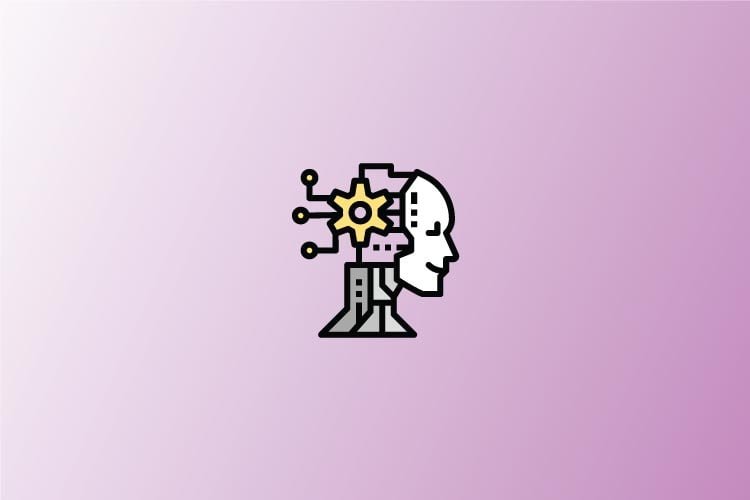
Generative AI is a new type of artificial intelligence that can generate new data, such as text, images, or audio. This can be accomplished through various techniques, such as neural networks and machine learning.
One example of generative AI is the Generative Pre-trained Transformer (GPT), which is a language model that uses unsupervised learning to generate human-like text. GPT is able to understand context and generate coherent and fluent sentences.
It can also summarize text, complete paragraphs or even full articles and sometimes answer questions. This technology can be used to automate content creation, such as writing articles and generating responses to customer inquiries.
In addition to the creative potential, Generative AI also have a big impact on business and industries. For instance, generative models can be used to generate new drug compounds, optimize supply chain logistics, and even design new products. Generative AI can help companies optimize operations, reduce costs, and improve their bottom line.
Another example of a generative AI model is the Generative Adversarial Network (GAN), which consists of two neural networks: a generator network and a discriminator network. The two networks are trained together in an adversarial manner, with the goal of producing generated data that is indistinguishable from real data. The generator network produces new data, while the discriminator network tries to distinguish the generated data from real data.
GANs have been used in a variety of applications, including image synthesis, video generation, and voice generation. For example, researchers have used GANs to generate realistic images of objects and scenes, such as photorealistic images of faces and landscapes. This technology can generate new images for video games or movies or create virtual environments for training and simulation.
Examples of generative AI platforms:
GPT: OpneAI’s ChatGPT
AI Image generators: Midjourny, Stable Diffusion, DALL·E 2
Generative AI is a powerful technology that can be used to create new content, data and automate processes. This technology will eventually revolutionize many industries, from entertainment to healthcare, and is worth keeping an eye on as it continues to evolve. However, it’s important to note that with the growing power of these models, it’s also essential to consider the ethical and social implications of generative AI and ensure that they are used responsibly.